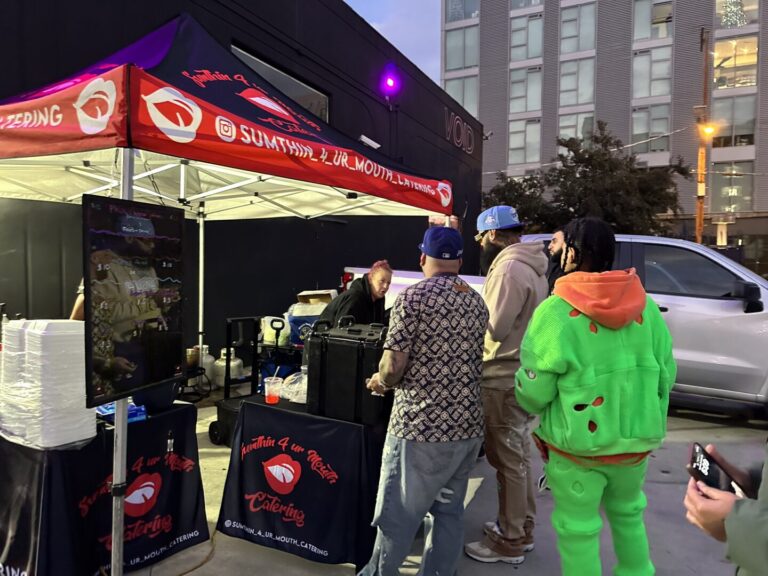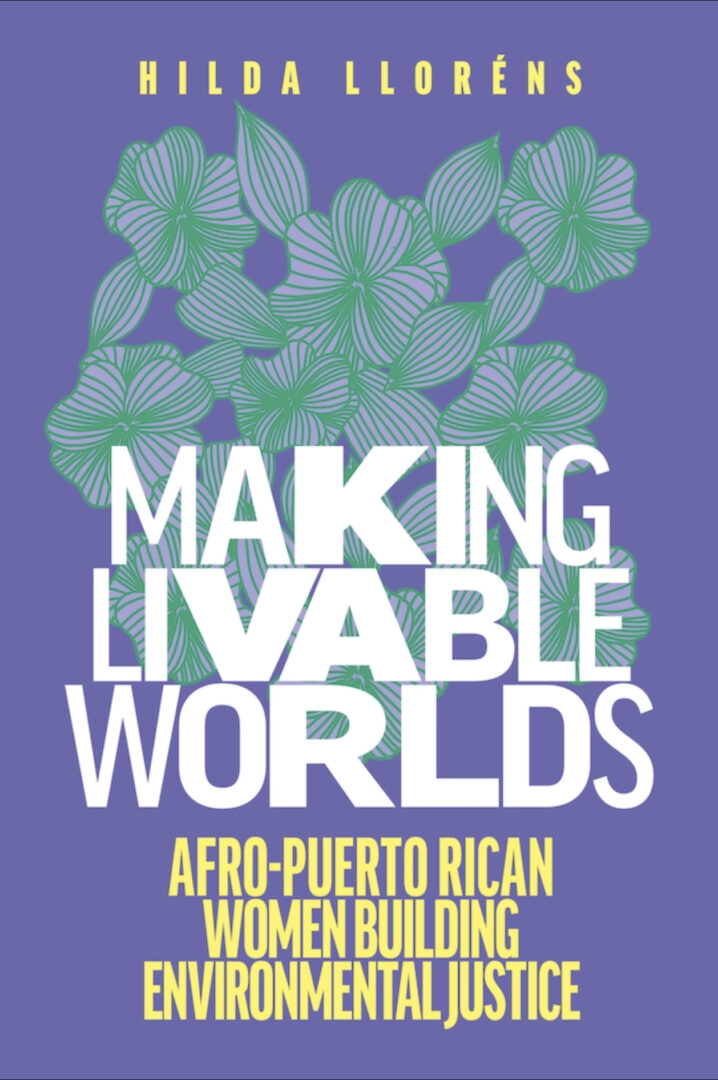Encouraged by state requirements for prepackaging, Black and Latinx producers and distributors of legal cannabis in California have developed novel, symbolically and socially significant forms of marketing. Black and Latinx cannabis industries have developed their own “commodity aesthetics,” using product packaging, live events, and social media to entice buyers with a combination of beautiful sights, smells, textures, signs, and symbols that represent the contradictions of working-class Black and Latinx life in contemporary California. Black and Latinx cannabis popular cultures combine images of freedom and transcendence with depictions of the low wage jobs that many Black and Latinx people work. This is because, rather than an impediment to work, cannabis consumption is a kind of support for or accessory to labor. Many consumers use cannabis to dull the tedium and pain of labor and to sustain them throughout the workday. This essay provides a critical overview of Black and Latinx cannabis marketing in California, and its targeting of working-class consumers of color. While I discuss several examples, my central case study is the successful Black and Latinx cannabis distributor Teds Budz. I draw on interviews, ethnographies of live cannabis events, and visual studies of cannabis packages and social media, arguing that seemingly “escapist” qualities in cannabis culture critically foreground the material limits of the world from which Black and Latinx workers are trying to escape. Cannabis commodity aesthetics, I conclude, promise people of color an exit from the drudgery of work that can also tighten their ties to low wage jobs.
Keyword: racial capitalism
Racial Capitalism, Refugee Adjudication, and the Performances of Zama Zama
This essay investigates the category of the refugee as an instantiation of racial capitalism. To illustrate this conjunction, it first examines international law that defines refugees and, then, looks to specific national jurisprudence that accords different recognition to them. The national contexts discussed are the United States, given that the racial discourse there serves as a ground for the most widely known theorization of racial capitalism via Cedric Robinson’s book Black Marxism: The Making of the Black Radical Tradition, and South Africa, where racial capitalism was first coined. Robinson’s work is briefly elaborated in relation to subsequent scholarship that has engaged and extended the concept of racial capitalism, in relation to the particularities of South Africa racialization, and in relation to zama zamas (unregulated miners, often perceived as foreigners who threaten the Rainbow Nation’s stability in various ways). Given limitations of space, the essay uses the overview of juridical regimes and the excursus on Robinson to rethink the category of refugee. Zama zamas and the history of the South African mining sector as it informs understandings of race are posited as a fruitful direction for further research because these phenomena help to extend the entwinement of race and refugee and the implications of Robinson’s text for understanding refugees anew.
Without Rethinking Colonialism and Racialization, a Sustainable Future is Not Possible
In this article, I talk about the performances of global capitalism, its relation to colonization and racialization, and the ways it hinders the well-being of vulnerable bodies. An understanding of the relation between post-colonialism and post-socialism is crucial to this discussion. I therefore start from a territory that is no longer conceivable today, namely former Eastern Europe and its post-socialism of 1990. I then proceed to discuss the relation of post-socialism to post-colonialism and capitalism. I conceptualize and discuss a diagram that illustrates the relations between the former East, the West, the North, and the South, and in particular, the relation between labour and capital and between capitalism and colonialism across these territories. I suggest that if we are to dismantle imperialism, that is, terminate capitalist colonialism, we need to rethink the racial/colonial divide and the imperial/colonial divide.
Review of Making Livable Worlds: Afro-Puerto Rican Women Building Environmental Justice by Hilda Lloréns (University of Washington Press)
This review examines Hilda Lloréns’s research into the role that Afro-Puerto Rican women play in advocating for environmental justice and building a sustainable environment in the Puerto Rican archipelago, particularly after the devastation left behind by Hurricanes Irma and Maria in 2017, and the subsequent catastrophic effects of COVID-19 in 2020. Lloréns shows that Afro-Puerto Rican women are able to survive in the face of racial and ecological discriminations and marginalizations, and their survival is emblematic of Puerto Rico’s own survival. The author devotes the entirety of her book to show that as an “ethnographer of home,” as she calls herself, it is essential for people to create livable worlds within which they can survive. Survival in the midst of catastrophic climate change is difficult, Lloréns argues, primarily because Puerto Ricans are often on the receiving end of austerity measures that make their existence tenuous, at best. These austerity measures typically come after a climatic event, and result in limited access to clean water, food, electricity, healthcare, housing, and education, which only serve to exacerbate the desperation that many on the island feel. While this desperation was widespread across the island after the hurricanes in 2017, residents in the southeastern region of the island (predominantly Afro-Puerto Ricans) were even more affected. Lloréns shows how these people used their limited resources to cull an existence out of a seemingly hostile land and create a community that sustained them. Lloréns draws on personal experiences, the experiences of her family, ethnography, anthropology, and interviews to show how vital it is to examine Puerto Rico not as a homogenous space but rather as a heterogeneous one with its unique complexities. And by centering the work and experiences of Black Puerto Ricans, Lloréns gives voice to a group that is largely left on the margins of society, but who demonstrates the importance of building community as a sustaining entity.
Neoliberalism, Racial Capitalism, and Liberal Democracy: Challenging an Emergent Critical Analytic
Response to Jodi Melamed, “Proceduralism, Predisposing, Poesis: Forms of Institutionality, In the Making,” published in Lateral 5.1. Aho pointedly argues that studies of institutionality all too often substantiate what she calls neoliberalocentrism, which readily posits neoliberalism as the singular paradigm into narrating a teleological development of history. Instead, she echoes Kim and Schalk to articulate ‘crip-of-color materialism’ as an analytic that thickens understandings about global structures of inequity and fissures within them.




